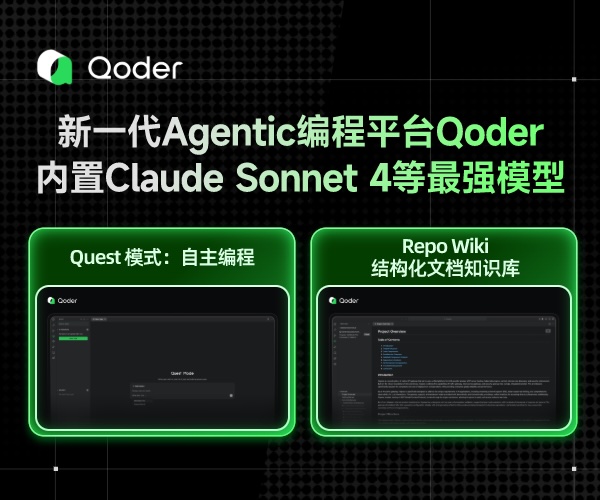1 #include <vector>
2 #include <iostream>
3 #include <thread>
4 #include <mutex>
5
6 using namespace std;
7
8 int psum[256];
9 std::mutex g_mtx;
10 int g_sum = 0;
11
12 void add0(int vargp, int var_first, int var_end)
13 {
14 for (int i = var_first; i <= var_end; i++)
15 {
16 psum[vargp] += i;
17 }
18 }
19
20 void add1(int var_first, int var_end)
21 {
22 int result = 0;
23 for (int i = var_first; i <= var_end; i++)
24 {
25 result += i;
26 }
27
28 g_mtx.lock();
29 g_sum += result;
30 g_mtx.unlock();
31 }
32
33 void test0(const int num)
34 {
35 auto start_comp = std::chrono::high_resolution_clock::now();
36 int sum = 0;
37 for (int i = 0; i < num; i++)
38 {
39 sum += i;
40 }
41 auto end_comp = std::chrono::high_resolution_clock::now();
42
43 printf("sum = %d, %llu microseconds. \n", sum, std::chrono::duration_cast<std::chrono::microseconds>(end_comp - start_comp).count());
44 }
45
46 void test1(const int num)
47 {
48 unsigned long const hardware_threads = std::thread::hardware_concurrency();
49 unsigned long const num_threads = hardware_threads != 0 ? hardware_threads : 2;
50
51 std::vector<std::thread> threads(num_threads);
52 auto start_comp = std::chrono::high_resolution_clock::now();
53 for (int i = 0; i < (int)num_threads; i++)
54 {
55 long long first = (num / num_threads) * i;
56 long long end = 0;
57 if (i != num_threads - 1)
58 {
59 end = (num / num_threads) * (i + 1) - 1;
60 }
61 else
62 {
63 end = num - 1;
64 }
65
66 threads[i] = std::thread(add0, i, first, end);
67 }
68
69 for (auto& th : threads)
70 {
71 th.join();
72 }
73
74 int sum = 0;
75 for (int i = 0; i < (int)num_threads; i++)
76 {
77 sum += psum[i];
78 }
79 auto end_comp = std::chrono::high_resolution_clock::now();
80
81 printf("sum = %d, %llu microseconds. \n", sum, std::chrono::duration_cast<std::chrono::microseconds>(end_comp - start_comp).count());
82 }
83
84 void test2(const int num)
85 {
86 unsigned long const hardware_threads = std::thread::hardware_concurrency();
87 unsigned long const num_threads = hardware_threads != 0 ? hardware_threads : 2;
88
89 std::vector<std::thread> threads(num_threads);
90 auto start_comp = std::chrono::high_resolution_clock::now();
91 for (int i = 0; i < (int)num_threads; i++)
92 {
93 int first = (num / num_threads) * i;
94 int end = 0;
95 if (i != num_threads - 1)
96 {
97 end = (num / num_threads) * (i + 1) - 1;
98 }
99 else
100 {
101 end = num - 1;
102 }
103 threads[i] = std::thread(add1, first, end);
104 }
105
106 for (auto& th : threads)
107 {
108 th.join();
109 }
110 auto end_comp = std::chrono::high_resolution_clock::now();
111
112 printf("sum = %d, %llu microseconds. \n", g_sum, std::chrono::duration_cast<std::chrono::microseconds>(end_comp - start_comp).count());
113 }
114
115 int main()
116 {
117 int num = 10001;
118
119 test0(num);
120 test1(num);
121 test2(num);
122
123 getchar();
124
125 return 0;
126 }


 浙公网安备 33010602011771号
浙公网安备 33010602011771号